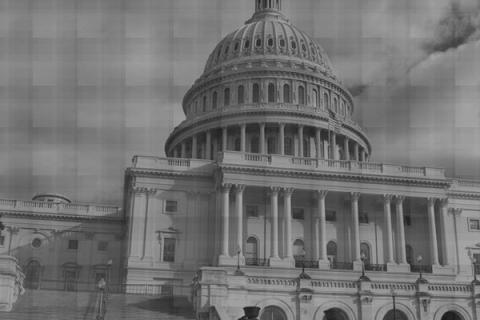While California is already facing another $20 billion shortfall, and with the state legislature bickering about which programs are responsible for the crisis, California voters are being asked (via Prop 21) to pay an $18 vehicle license fee that will specifically be devoted to maintaining the state’s parks.
“California state parks and wildlife are priceless public assets and vital legacies for our children and grandchildren. But today, state parks are in peril because they have no reliable source of funding,” the official website states.
If passed, the extra charge will go into effect January 1, 2011 with “free admission” to California state parks in exchange for an $18 vehicle license fee. Exempt from the surcharge are larger commercial vehicles, mobile homes, or permanent trailers.
As much sense as it makes to pay $18 for “free admission” into California’s state parks for the year, proponents of the measure seem to be very careful in not using the word “tax” in association with the new measure on this November’s ballot. After all, voters aren’t apt to support new taxes for their vehicles especially when many people are already having a hard time in cash-strapped California. Yet, a new tax is precisely what Proposition 21 seems to be. If approved, the new $18 fee will be applied to vehicles registered at the DMV, whether or not a driver utilizes the state parks privilege.
If voters on Tuesday reject Proposition 21, then existing state and local funding resources would continue to fund state parks. With the budget for state parks being slashed by the legislature in an attempt to deal with the state’s fiscal shortfall, supporters of the proposition highlight the fact that this is precisely the necessity voters should approve. On the other side of the aisle, those against the proposition are hoping that the surcharge collected by the DMV will resonate with voters as being something that they don’t want at this point in time.
To some, the proposition is just another reflection of bureaucracy’s mindset that it is justified to generate revenue with magical approval at the ballot box. In essence, their line of argument says that imposing these license fees absolves the legislature from working with the resources that they possess at the moment to fix the problem. It prevents them from evaluating the reckless spending and superfluous state-funded programs that led to the current fiscal mess in the first place.
On Tuesday, in deciding this proposition, voters will decide whether or not they should pay the new fees. Furthermore, they will decide whether they trust the California legislature to be responsible for these additional monetary resources.

